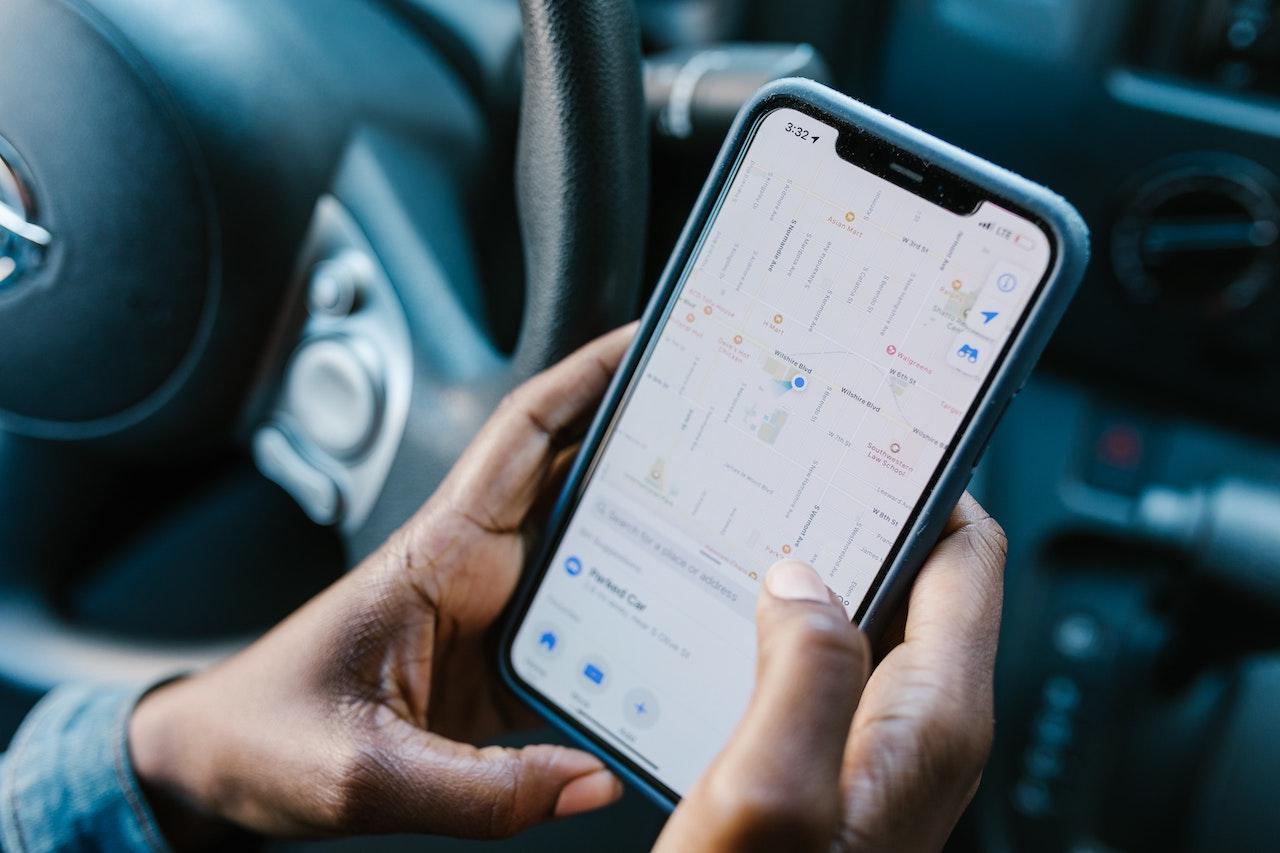Private Investigators have quite a few tricks up their sleeves when it comes to gathering information on a subject. You may already be familiar with the image of an investigator tracking a person of interest in their car and observing their behavior from afar with a pair of binoculars. While this is certainly something that a PI would still do to gather information, there are also some newer, techier methods of tracking that an investigator might use, namely, GPS tracking. But, you may be wondering, is GPS tracking even legal? What parameters does the law provide when GPS tracking is involved? Well, you’ve come to the right blog! We will discuss what GPS tracking is for Private Investigators, when GPS tracking is legal, different types of trackers, and how this information can be used in court.
What is GPS Tracking for Private Investigators?
GPS tracking for Private Investigators is a technique used to track the movements of a subject in a situation where knowing their location is appropriate for the investigation. Using a GPS to track someone’s movements is not legal or necessary in every situation, so a PI needs to use discretion when deciding whether or not it’s a good course of action. There needs to be a good reason in the beginning to place a GPS tracker, something that is known as permissible purpose. Cases that provide permissible purpose include situations such as suspected marital infidelity, suspicions of child neglect from a spouse or ex-spouse, or concerns about a teenage child’s safety when out driving.
As we’ve already established, not every situation has a reasonable need for a GPS tracker. As curious as you may be, you can’t track the movement of just anyone for any reason. If you do, this could easily fall into the category of stalking, which we will discuss in more detail later.
The legality of using a GPS tracker can be a little bit tricky, so let’s take a closer look at a few instances where using a GPS may seem questionable.
Is it Legal to Use GPS Tracking…
… without the person’s knowledge?
There’s no black and white answer here, it depends on the situation. If you reside in a state where a GPS tracker is illegal, then no, it’s not legal in any circumstance. The legality also depends on where you place the GPS tracker. For example, if you place the tracker on a car that your spouse drives and the car is registered to you, in many cases, this is perfectly legal. However, if you want to put the tracker on a piece of property that doesn’t belong to you, this could prove to be a problem. The bottom line is that you need to check with your state and local laws about trackers to discover the legality for your specific situation.
… in someone's car?
Sometimes! Again, this depends on the state. In some instances, the tracker can only be placed by the vehicle's registered owner. In other cases, states only allow trackers to be placed by the owner of the vehicle or a licensed Private Investigator with a permissible purpose.
… on a person?
This one is easy, the answer is no. You cannot put a GPS tracker on another person without their knowledge. Only a judge can order someone to wear a GPS device. This is usually reserved for stalkers, criminals, or those under house arrest.
… on someone’s property or devices?
If you guessed that this answer also depends on the state, you’d be correct! Some states don’t specifically address where GPS trackers can or cannot go, while others have broad laws restricting them as a part of stalking laws. There are some cases where a PI must place the device on the piece of property because it would be considered stalking otherwise. This is another instance where being familiar with your local and state laws is a good idea.
Learn more: Can a Private Investigator Be Charged With Stalking?
Types of GPS Trackers
The best types of GPS trackers should be discrete, reliable, and easy to install. Specifically, it’s best if you get a device that is waterproof, magnetic, and can be easily mounted to the outside of a car without being detected. Check out our guide to the best GPS trackers.
GPS Tracking Information in Court
GPS tracking is considered a form of search and seizure, which is a right that is protected by the 4th amendment to the Constitution. Knowing this, it is wise to obtain a search warrant when using a GPS tracker to gather information on a subject. This way, with a granted warrant, you can cover your bases and use the information in court if necessary.
In states where it’s legal (just to hammer the point home one more time) and in cases with permissible purpose, GPS tracking can be a great tool for Private Investigators. Knowing the legality, the right situations, and the right devices can make it a useful and effective resource for a variety of investigations.
Interested in continuing your education as a Private Investigator? Boost your knowledge to advance your career with the Surveillance Ethics course through NITA.
You may also like:
Our enrollment counselors are here to answer any questions you might have about our state- and board-approved status, pre-licensing training, or professional development programs.




